family background / Elizabeth studied winemaking and viticulture at Walla Walla Community College and California Polytechnic State University and is the assistant vigneronne at Cayuse Vineyards in Milton-Freewater, Oregon. She’s the daughter of Betty and Denis Bourcier.
grower / Walla Walla, Washington
age / 34
crops / Grapes
business / Cayuse Vineyards
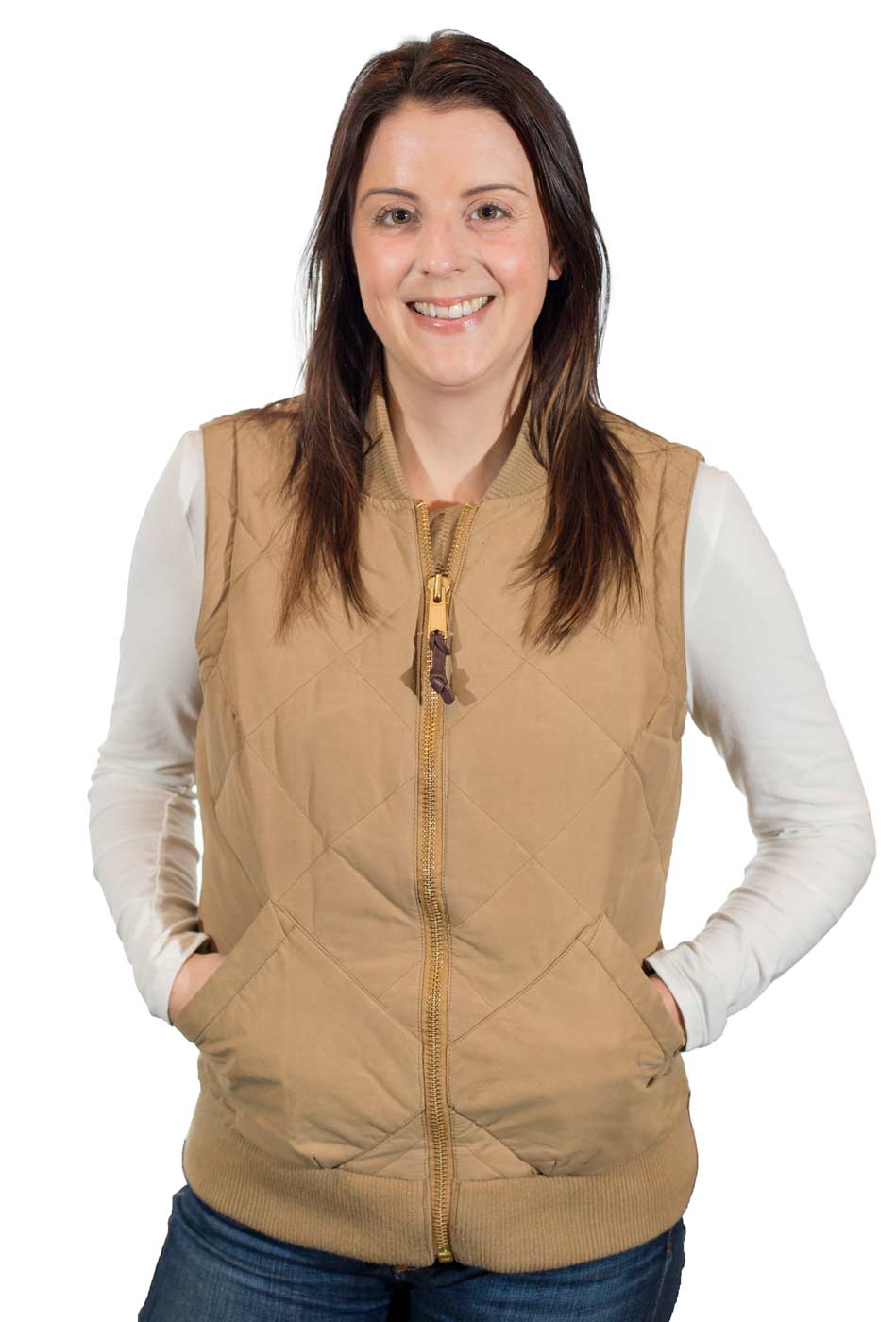 How did you get your start?
How did you get your start?
My father has always had an interest in wine, and I grew up learning about wine from him. When I was young, we took a trip to the Loire Valley in France and that experience sparked my interest in wine.
I would ask my father, “How do you make this particular wine? What is the chemistry?” I had so many questions for him. He replied, “Hey, people study this. There are wine schools out there.”
So we looked in California, Washington, and I remember the first time we visited Walla Walla to visit the community college. I didn’t know a lot about winemaking or vineyards at all and yet I knew I wanted to do this after I went there.
What were your first college experiences with ag?
When I first moved to Walla Walla, I remember starting right in helping with harvest, helping with bottling. From the beginning, I was able to work with my hands, work with the fruit.
I was exposed to the beginnings of some of the Walla Walla wineries, who were very young. Eventually I ended up moving on from there to California to finish up my degree.
There I saw other sides of the industry, from different fruit like Pinot Noir, a different climate and growing region. From there I took an internship in Argentina — a growing region I’d never seen.
As much as I loved all of these places, I knew I wanted to be here. Washington is where my family is. I grew up in the Pacific Northwest.
I believed that Walla Walla and Washington’s wine industry was emerging and there was so much room for opportunity, and that’s where I wanted to be. It was really amazing to come back and see the changes.
How did your college path help?
A vigneron is a person who grows grapes, produces wine, sells wine — really a jack of all trades, not just a winemaker.
It’s so important to know both viticulture and winemaking — that’s why I went to study in California — to study viticulture. You need to know both and understand what’s going on in the vineyard to produce wine. I feel very fortunate that I made that choice and not just focus on the wine.
How did your internship help as a young grower?
It’s so important to travel, when you can actually see the different growing regions, either working or going to school.
If I’d give one piece of advice to people getting into farming or into the wine industry is to travel. You learn and see so much — and you see that it’s not just about where you live. People are doing so many different things and you will grow a lot through those experiences.
Even going to a different state can open your eyes.
What horticultural challenges do you face?
Where I am, the biggest thing we deal with is freeze, and it’s something I’ve seen since I started. We have these freezes that happen where we go below zero degrees and then we get a 5, then a 10, then a 15 and most varietals don’t do well.
That cold isn’t something they deal with in California, but it’s what we deal with. I’ve learned a lot about dealing with freeze. In one sense, Washington is pretty lucky to not have the insect pressure that California growers face, however we have freeze to contend with.
Every grower will have their regional challenges — that’s part of farming. What makes it difficult and challenging also makes it rewarding.
What are you excited about in the future?
I’m excited about the Washington and Walla Walla wines. We have a lot to offer. Where I work, down in “the stones” of Milton-Freewater, I see a lot of growth there, too. I really encourage women to get involved.
We’re getting there, but it’s a very male-dominated industry and women have a lot to offer. We have great palettes, we’re hard working and bring a different perspective.
What would you say to other young growers?
There are so many opportunities in this industry, whether it’s in sales, marketing, tasting rooms, viticulture, winemaking, oenology and teaching. There’s so much room for growth and especially in Washington.
There’s almost more of a need for jobs than we have trained people. I would strongly urge anyone with an interest to get involved. Wine doesn’t seem to be something that’s ever going to stop growing. People will continue to drink and buy wine, and that’s exciting.
– by TJ Mullinax

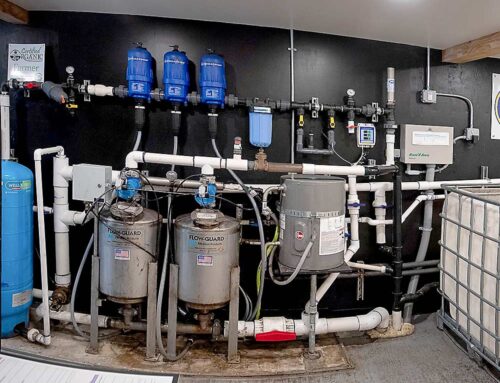
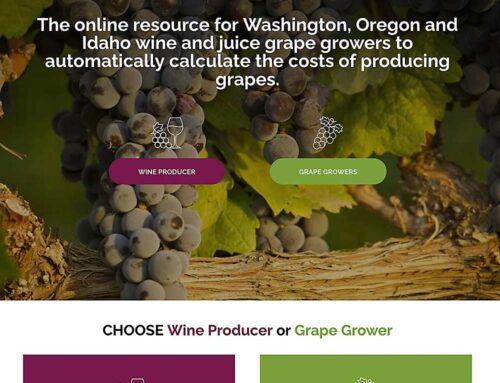
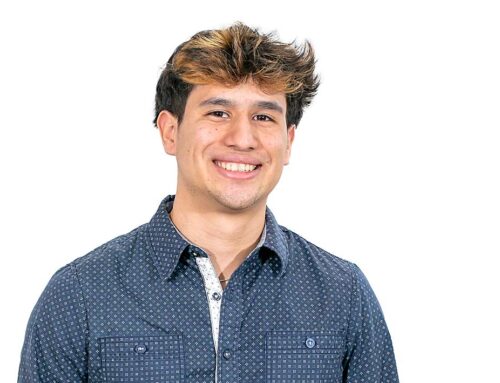
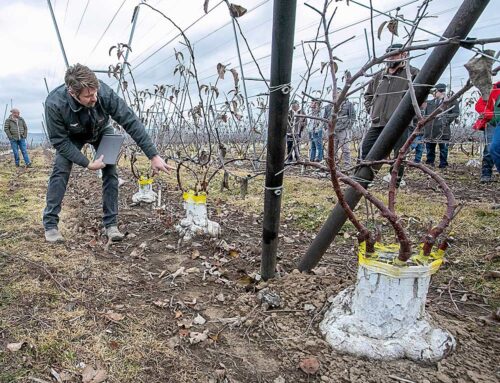
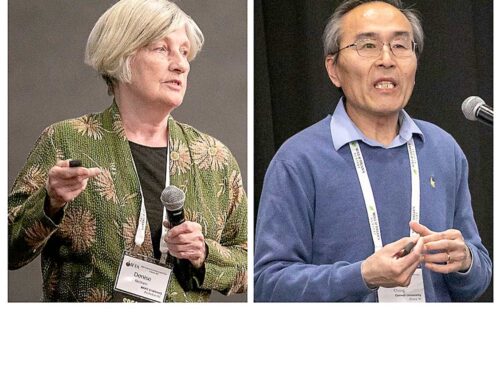
Excellent choice of Liz, TJ. She’s a fantastic grower/vigneron and representative of the Walla Walla Valley and WA. Good encouragement from her to join in the growing local wine biz. I met her when she was a student and I know she’s been an inspiration to other students on the success one can enjoy.
Cheers !